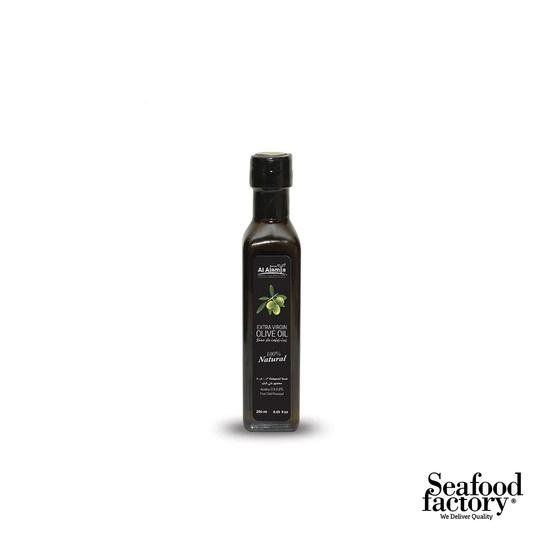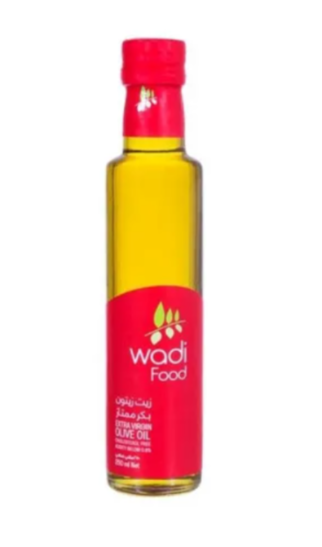Cholesterol-Lowering Dietary Strategies
All About Cholesterol

What causes high cholesterol?
Before we dig into the reasons behind high cholesterol levels which are very common. Let’s try to understand, what is “high cholesterol”? In short, it is the accumulation of Low-density lipoprotein (LDL) or “bad cholesterol” as we know it in your blood vessels causing buildups on the walls of arteries leaving them narrow and stiff, which later on can lead to heart diseases.
In fact, There are many contributors that increase blood cholesterol levels. For instance, there can be certain medical conditions that lead to high cholesterol. Also, many common medications if taken for long periods of time disturb cholesterol levels such as medications for Acne.
Furthermore, Mayo Clinic confirms that diet factors have high relevance to cholesterol levels. Therefore, maintaining a healthy lifestyle can aid in reducing high levels of cholesterol.
What are the symptoms of having high cholesterol?
In fact, high cholesterol does not necessarily have any symptoms at all. Therefore, a blood test is the only way you can monitor your condition.
Many clinics suggest that it is often recommended that people from between ages 45 to 65 years old have cholesterol screening every one to two years.
How Can I Lower My Cholesterol Level Fast?
The process of keeping your cholesterol level balanced isn’t a one-step thing, yet it takes a dedicated
process of being physically active, following a balanced diet, and cutting down smoking and alcohol.
Since suffering from high cholesterol is very common, people often worry about their health condition, and wonder whether high cholesterol can be fixed.
Honestly speaking, the answer is YES - that’s why we have listed down 6 main food groups that help fix high cholesterol by balancing the “bad cholesterol” and “good cholesterol” in your body.
6 TOP CHOLESTEROL LOWERING FOOD GROUPS TO EAT
- Herbs and spices including ginger, artichoke leaf extract and basil turmeric, and rosemary.
- Soluble fiber foods like oat bran, barley, psyllium seeds, flaxseed meal, apples, citrus fruits
- Nuts Almonds and Walnuts
- 2 servings of fatty fish per week, such as salmon, mackerel, herring, tuna, and sardines
- Olive oil and flaxseed oil
- Garlic and garlic supplements, but you must consult your physicians because it is not suitable for all cases.
Can Omega-3 reduce cholesterol?
Good news is that
YES, Omega 3 is the fuel to speedy recovery from high cholesterol just as
WebMD
recommends.
Omega 3 fats EPA and DHA can help protect the heart and blood vessels from several diseases:
- Lower triglycerides (a fat that enters our blood after a meal)
- Improve circulation (blood flow around the body)
- Prevent blood clots
- Lower blood pressure
- Keep the rhythm of your heart steady.
What’s more, a deficiency of omega-3s can cause rough, scaly skin and a red, swollen, itchy rash. Also increase inflammatory markers and damage to arteries inner lining.
So, What Are The Main Omega-3 Foods?
- Cold Water Fish like Salmon, Anchovies, Sardines, and Oyster
- Nuts especially Walnuts
- Soy-rich Food like Soy milk
- Plant Oils
Best & Healthiest oils to balance cholesterol levels:
1.Olive oil extra virgin and acidity less than 0.5% :
2.Less known or popular oils including Flax (also known as flaxseed oil and linseed oil), Canola, Walnut, Soy, Pumpkin Oil
3.Avocado oil
Finally, it's important to understand that referring to your Physician and Clinical Nutritionist is crucial especially if your lab tests show high cholesterol since supplements and vitamins can be necessary for certain cases to avoid adverse effects and rare but fatal conditions.





